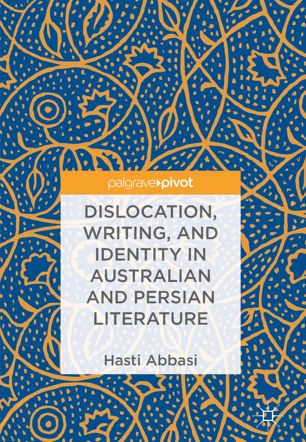

Most ebook files are in PDF format, so you can easily read them using various software such as Foxit Reader or directly on the Google Chrome browser.
Some ebook files are released by publishers in other formats such as .awz, .mobi, .epub, .fb2, etc. You may need to install specific software to read these formats on mobile/PC, such as Calibre.
Please read the tutorial at this link: https://ebookbell.com/faq
We offer FREE conversion to the popular formats you request; however, this may take some time. Therefore, right after payment, please email us, and we will try to provide the service as quickly as possible.
For some exceptional file formats or broken links (if any), please refrain from opening any disputes. Instead, email us first, and we will try to assist within a maximum of 6 hours.
EbookBell Team

4.7
76 reviewsThis study aims to foreground key literary works in Persian and Australian culture that deal with the representation of exile and dislocation. Through cultural and literary analysis, Dislocation, Writing, and Identity in Australian and Persian Literature investigates the influence of dislocation on self-perception and the remaking of connections both through the act of writing and the attempt to transcend social conventions. Examining writing and identity in David Malouf’s An Imaginary Life (1978), Iranian Diaspora Literature, and Shahrnush Parsipur’s Women Without Men (1989/ Eng.1998), Hasti Abbasi provides a literary analysis of dislocation, with its social and psychological manifestations. Abbasi reveals how the exploration of exile/dislocation, as a narrative that needs to be investigated through imagination and meditation, provides a mechanism for creative writing practice.